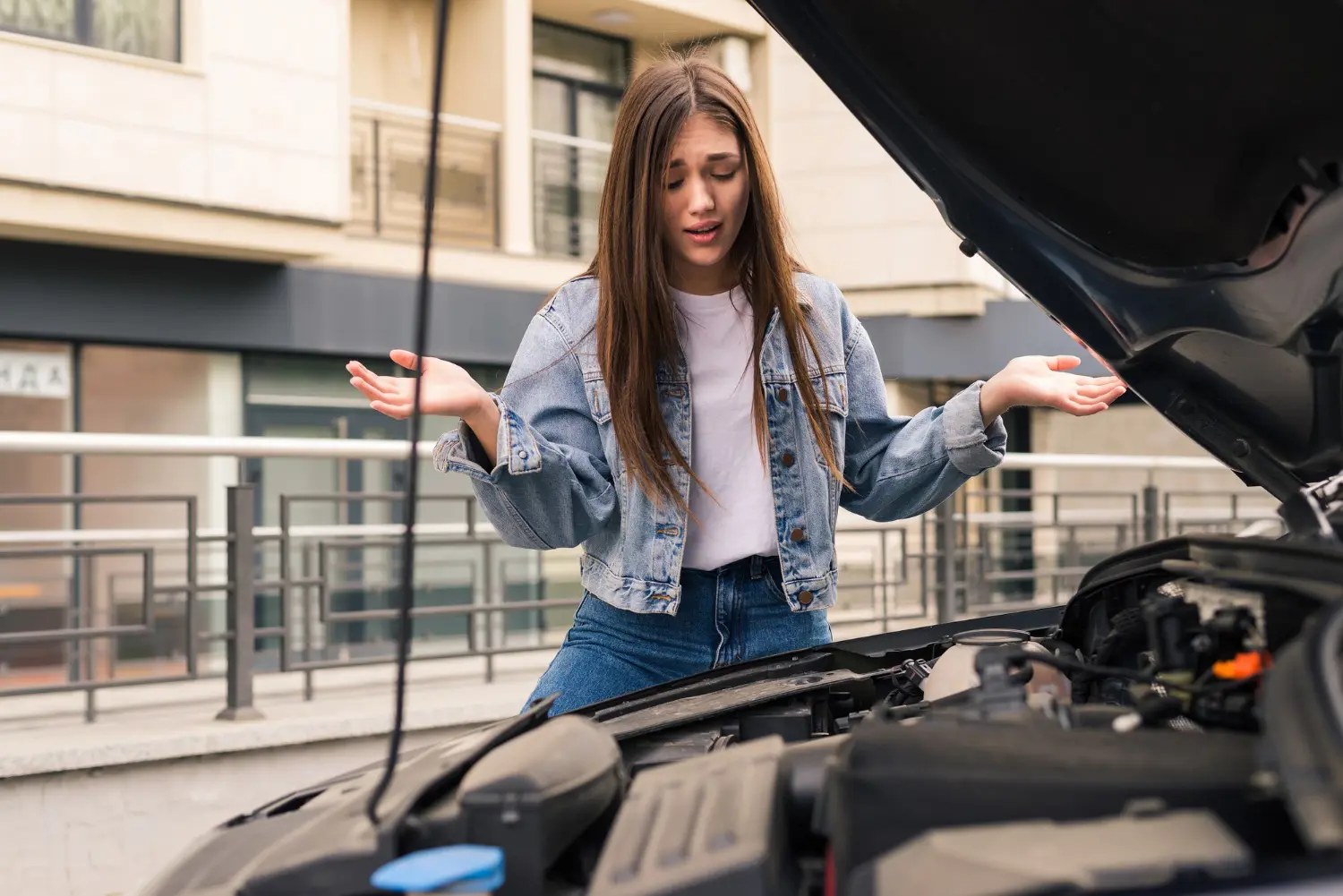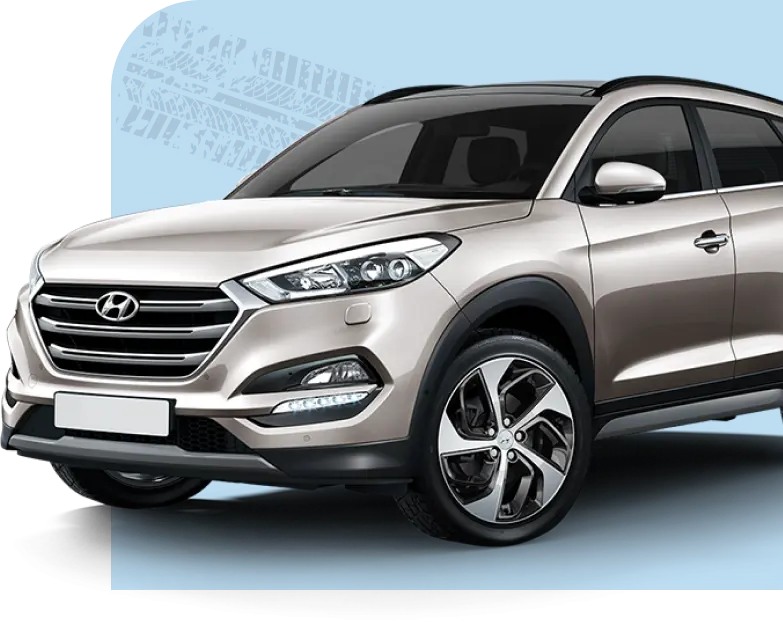Whether it’s scorching summer or freezing winter, it's frustrating when your car doesn’t start. Turning the ignition and realising nothing working can disrupt your entire schedule. But what are the reasons a car won’t start, and what's to be done?
Well, with some mechanical know-how, you can fix the problem and make your car run again. But first, you should diagnose the reasons your car won't start.
In this blog, we will explore some common reasons a car won’t start and what you can do to troubleshoot those issues.
Reasons why a car won’t start
BMW service Melbourne experts share some reasons why your car is stuck and what you can do to get back on the road.
1. Faulty or dead battery
The battery is a critical component of your vehicle’s electrical unit. The engine will only start if it gets a trigger from the starter motor. To make this happen, your battery must function well.
If you notice a cranking sound when turning on the ignition, flickering or non-functioning headlights, or an active dashboard engine light, it’s a sign of a dead or faulty battery.
Now, there could be different reasons your battery might go dead or flat:
- A fault with one of the battery components, like loose or bad cable connections.
- Corroded battery terminals
- Car accessories, like lights, were left on for a long time, which ran the battery down.
- Extreme cold temperature
- Longer car idling.
How to fix this issue?
While jumpstarting can get you going again, it could damage sensitive car electronics. Instead, get your batteries professionally inspected. You will need a car battery replacement if its terminals are corroded. And if it’s just a loose connection, the mechanic will tighten the cables. Whatever the reason, just have a professional do it.
2. Dead or faulty starter motor
This car component gets the car running by transmitting power from the battery to the engine. A fault with the starter motor indicates your engine isn’t getting the electrical power it needs to ignite.
The starter motor is a 12-volt electric component exposed to the outside elements, like heat and rain. Due to the continuous exposure, it can become corroded over time. Further, it can also fail with continuous trials of engine starts.
To tell if a bad starter motor is the reason why your car won’t start, turn the ignition. If you hear a single, loud click, it’s a sign of a faulty or dead starter motor. Also, if the other electrical components like lights or stereo are working and it’s just the engine that doesn’t start, it’s a surefire sign of a bad starter motor.
How to fix this issue?
If you have some understanding of mechanical know-how, you can use a voltmeter and try testing the functionality of the starter. If you detect a problem, get the starter repaired or replaced by a professional car mechanic near you. Again, a jumpstart may help, but it depends on the extent of the starter damage.
3. Bad alternator
The alternator converts the mechanical energy from the engine into electrical energy. It powers the car’s electrical components, recharges the battery, and supports electrical functions when the vehicle is running.
So, if your alternator isn’t in its best form, your battery will eventually die, causing the engine to stall. So, how do you tell if the alternator is the reason why a car won’t start? Well, if the car starts and stalls immediately, you notice a burning smell or the exterior/interior lights are dim, it’s a sign the alternator could be at fault.
How to fix this issue?
Unfortunately, there’s no quick fix to a faulty alternator. It should be replaced by a professional mechanic.
4. Jammed ignition or steering lock
A jammed steering lock can prevent the key from turning and initiating the starting process. The ignition lock is designed to ensure security and can be turned by only the correct key. If the lock is damaged or worn, or if there's an issue with the key, it may become difficult or impossible to turn.
Similarly, a jammed steering lock can be a result of issues with the steering column or the lock mechanism itself.
Modern cars often have a steering wheel lock that engages when the key is removed, adding an extra layer of security. If this mechanism malfunctions, it can prevent the car from starting.
How to fix this issue?
Slightly move the steering wheel with the steering lock on. Don’t try to force the key, or it may break. If you’ve unlocked the steering system and the engine still doesn’t start, the problem might be with other electrical or mechanical components. If that’s the case, seek professional assistance for a resolution.
Note: If your car doesn’t start, don’t keep turning the key for a long time, as this could cause engine damage.
5. Clogged fuel filter
This car component delivers clean fuel from the fuel tank to the injectors. However, the fuel filter may clog over time due to dirt particles, preventing the fuel from reaching the injectors and combustion chambers. When this happens, the car won’t start.
If the battery, starter motor, ignition switch, and other components are in good condition and the engine refuses to start, a clogged fuel filter may be the reason.
How to fix this issue?
You will need to get your filter replaced by a pro. To prevent the fuel filter from clogging, you should replace the filter every 48000 kms. Also, always use good-quality fuel for your vehicle.
6. Bad or broken timing belt
Problems with the vehicle’s mechanical components, like the timing belt, can also be a culprit. A timing belt connects the crankshaft with the camshaft and synchronises their rotation. Since it’s made of rubber, it tends to wear and tear over time.
If the timing belt fails or breaks, the engine's components lose their coordination, leading to a disruption in the combustion process. Without the precise timing provided by the belt, the engine won't start.
How to fix this issue?
Take off the engine's front cover, and check if the timing belt is broken or has chipped teeth. If it’s broken, it needs to be replaced, for which a professional intervention is what you will need.
It’s worth noting that regular inspection and timely replacement of the timing belt can prevent such issues and ensure the engine's smooth operation.
For more information, you can read this blog: https://www.bcsworkshop.com.au/blog/post/symptoms-of-a-bad-or-failing-timing-belt/
Keep your car running with high-quality vehicle services at BCS Workshop
And there are numerous other reasons your car won’t start, including problems with the ignition switch, blown fuse, broken distributor rotor and cap, and failed fuel pump relay. The good news is, it’s easy to detect the reasons why a car won’t start and fix them.
However, prevention is always better than cure. With regular maintenance and servicing, you can ensure your car doesn’t experience any such issues and cause you discomfort and unnecessary delays in your important schedule.
Lastly, if you are an alien to the car's components, it’s better to get help from an expert mechanic, just like our professionals at BCS Workshop.
We are highly trained mechanics with over two decades of experience in diagnosing, servicing and repairing any fault in the car, making it perform at its optimum best. No matter the make and model of your car, we offer comprehensive car services in Melbourne, including routine tune-ups and regular servicing, mechanical and auto electrical repairs, and replacements.
Book your servicing with us or call us for a quick repair now.









